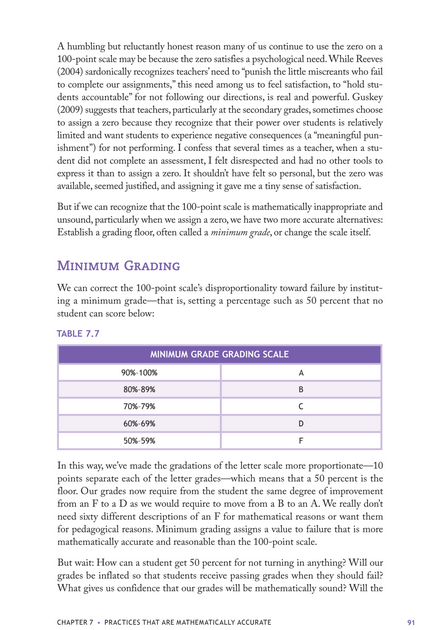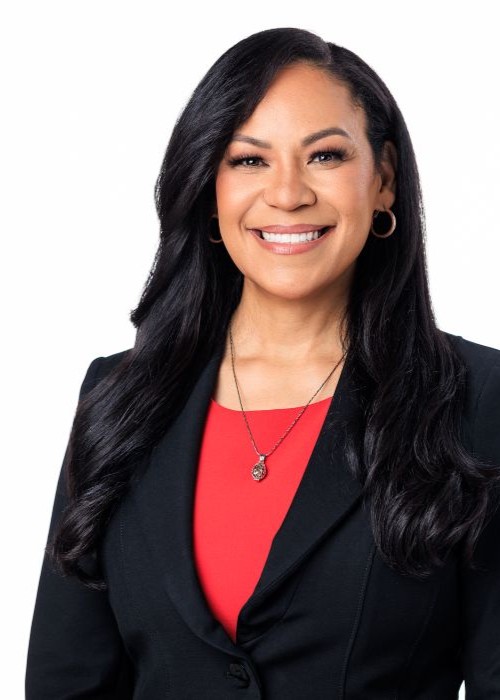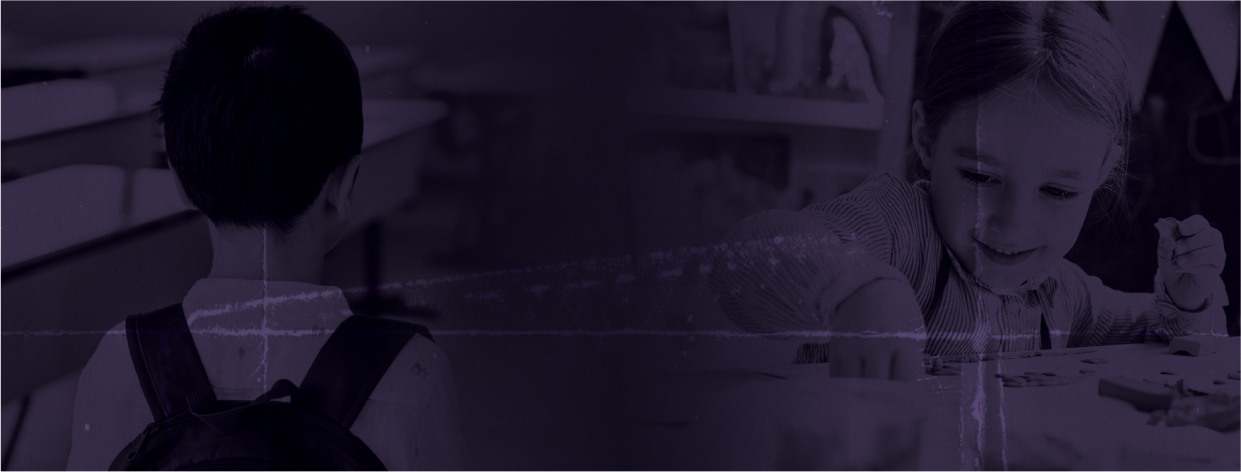Award-winning music teacher Priscilla Rahn has over three decades of classroom experience: She teaches in an urban Denver school district, holds a master’s degree in Educational Leadership and Administration, and has even served as a principal. But if you’d told her years ago what her profession would turn into, she would have “seriously considered” not being a teacher, she said.
Diversity, equity, and inclusion initiatives have overrun her school district, and actual teaching has been all but abandoned, Rahn told IW Features.
“[My district is] very diverse,” said Rahn, who herself is part Korean American and part African American. She elaborated that the school focused on DEI issues in professional development sessions but had “nothing about pedagogy or masterful delivery of instruction.”
The professional development Rahn referred to is part of the continuing education sessions that her district offers to help its teachers meet state requirements: In Colorado and many other states, public educators need to complete a certain number of these continuing education hours to renew their teaching licenses. Rahn described how these hours should help teachers hone their skills, learn about the latest research, and hear from colleagues. In reality, however, she found that many of these sessions were inculcated with DEI ideology.
“At first, it seemed very benign,” recalled Rahn. She described an exercise where teachers were told to step forward or backward based on experiences they’d had, such as being able to find pantyhose in their skin color or having divorced parents. But exercises like this had her questioning herself.
“It was the first time I was like, ‘Wait a minute. Am I a victim here?’” she said.
As political tensions in America grew, Rahn said her district likewise became increasingly politicized.
“During COVID and the George Floyd riots, all we’ve heard in professional development is how racist white people are,” she said.
Indeed, adding to the pressure freethinking teachers faced was the divisive nature of these professional development sessions. Rather than being united, challenged, and uplifted as colleagues, Rahn said that teachers were divided along racial lines, some even allegedly being called racist simply based on their skin color.
“It became such a toxic, toxic work environment to be in,” she told IW Features.
This far into her career, Rahn said she feels confident speaking out about what she saw, but she also knows that younger teachers may not have the career stability or courage to push back.
“You get targeted in public education if you don’t toe the line,” she stated.
But that doesn’t mean that all teachers want this—in fact, Rahn has observed how many are in quiet agreement with her in her stand against the ongoing politicization in education.
“Almost every time I speak up at a faculty meeting, one or two teachers come up to me afterwards and say, ‘Thank you so much for speaking up,’” she said.
Teachers are also finding understated ways to disconnect from the politics that have invaded their profession, Rahn explained. Some, for instance, take sick days to avoid DEI-related professional development sessions, Rahn said.
Unfortunately, this ideology doesn’t remain isolated to professional development sessions: Rahn said she was required to use a book called Grading for Equity that told teachers to give black and brown students who didn’t turn in coursework a 50% because, according to the book, a grade of zero would traumatize them. At one point, a student who had not done his coursework specifically asked Rahn for a 50% because he knew about this internal recommendation, she told IW Features.

On a larger scale, Rahn said that the reaction to continuously low test scores makes it clear just how much this system falls short.
“Year after year after year, we get the standardized testing data, and we don’t do anything with it,” she explained. “Some people say, ‘Well, we need to change the test.’ You can look at the test and see—even change the test—but also listen to what teachers are communicating about what’s going on in the classrooms.”
Rahn additionally noted how external consultants, not practicing teachers, often run the DEI professional development sessions.
“I don’t want some outside consultant who’s never taught,” Rahn said. “I want someone who understands the challenges and the realities of a classroom.”
Now, looking back on her career, Rahn told IW Features that she wants other like-minded teachers to find their voices. To do so, she offers her own insights in her book Restoring Education in America: An Inspirational Teacher Toolbox and also reaches fellow educators through a professional development book study.
“Find your way of helping mentor and coach other teachers,” she concluded. “Just don’t stop speaking out because the Left is so loud—they’re so loud. But we can be strong and loud too.”











